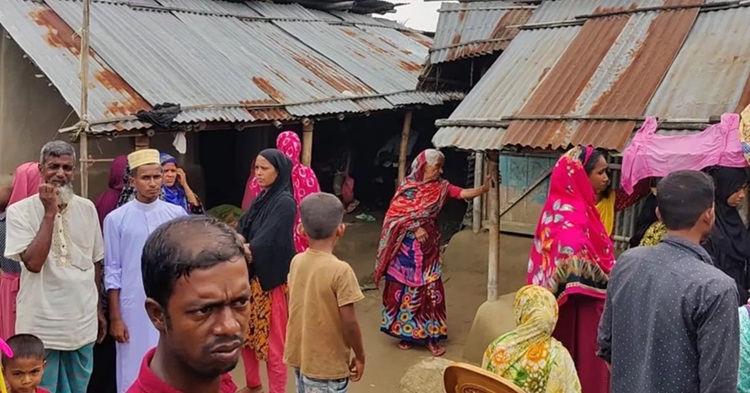Israil Uddin had taken his 11-year-old son to four different hospitals in Thakurgaon district after a venomous snake bit him, but none had the life-saving anti-venom and the boy tragically died.
“I went to four hospitals but nowhere could I find the vaccine (anti-venom). At last my son, Sakibul, breathed his last on my lap. I couldn’t save him. I urge the government to act now so that no other parent suffers like this,” said a heartbroken Israil Uddin, a resident of Kadamtala village in Baliadangi upazila.
Baliadangi Upazila Health Complex, Haripur Upazila Hospital, Thakurgaon General Hospital and Birganj Hospital in Dinajpur all failed to save the boy’s life as none had the vaccine to treat snakebite victims.
Similar deaths have been reported from other parts of the district.
Among the deceased are Tareq, a seventh-grade student from Pirganj, Moksed Ali, a college student from Ranisankail, and Shampa Rani, a housewife from Haripur.
Family members said they died from venomous snakebites after failing to access anti-venom in time.
Shampa’s husband, Jiten, recalled a desperate search for treatment, taking her to three upazila hospitals — Haripur, Ranisankail and Thakurgaon Sadar — none of which could provide the necessary care.
“Out of desperation, we even took her to a traditional healer but she didn’t survive. Now I’m left with a young child and unbearable grief,” he said.
As the monsoon rains swell rivers and flood low-lying areas, venomous snakes increasingly enter human settlements in search of shelter, a seasonal phenomenon that has turned deadly in northern Bangladesh’s Thakurgaon district.
The situation has become particularly alarming this year, as no hospitals in the district have anti-venom injections in stock.
Locals said snakebite deaths are a recurring issue during the rainy season.
Rural doctor Azmul Haque said that every year 10 to 15 people in Thakurgaon die from snakebites during the monsoon. “Although hospitals send requests for antivenom in advance, the supplies often arrive after the monsoon is over,” he said.
Thakurgaon Civil Surgeon Dr Md Anisur Rahman admitted the shortage of anti-venom in district hospitals.
“Despite sending demand letters we haven’t received any supply from Dhaka. We’ve heard there’s a shortage at the central medical depot. We are trying to procure some doses through alternative channels,” he said.
Although snakebites and related deaths are common, hospitals in Bangladesh continue to lack sufficient supplies of anti-venom, which is not produced locally.
A government study released in 2023 found that around 4.03 lakh people are bitten by snakes every year in Bangladesh and 7,511 of them die.
Meanwhile, the High Court on August 18 directed the Health Ministry Secretary, the Director General of the Directorate General of Drug Administration (DGDA) and other authorities concerned to ensure availability of anti-venom in all upazila health complexes across the country as soon as possible.
The directive came following a writ petition seeking adequate supplies of anti-venom in hospitals.
Citing newspaper reports, the writ stated that at least 38 people had died and 610 were injured from snakebites between February and July 1 this year across the country.


